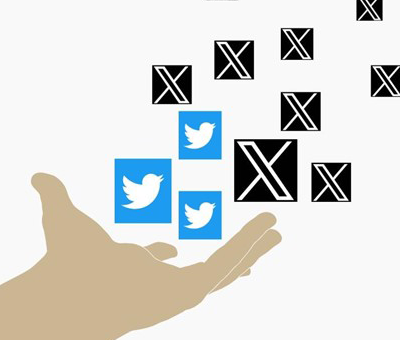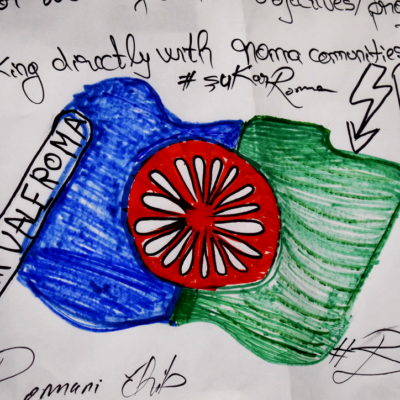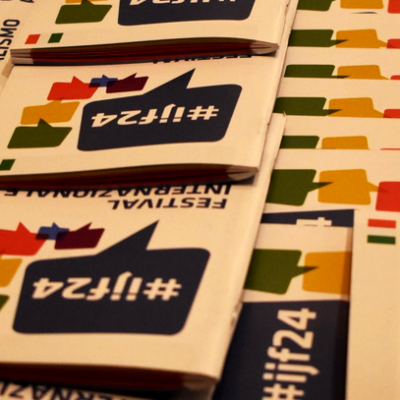During the Olympic Games in Paris, one thing became clear once again: the Games are seen as the pinnacle of athletic performance and international unity. However, beyond the arenas and medal ceremonies, financial challenges loom large. Although the Olympics generate billions in revenue for the IOC through broadcasting rights, ticket sales, and sponsorship deals, many athletes are forced to finance their participation themselves. Increasingly, some turn to erotic platforms such as OnlyFans. This trend raises questions about media portrayal and the persistent sexualisation in sports.
Only a few of the 32 sports featured in Paris allow athletes to earn a living solely from their profession without additional taxpayer-funded support, such as e.g. in Germany through the Bundeswehr (German Armed Forces) or the Deutsche Sporthilfe (German Sports Aid). This is only feasible for major stars like Simone Biles (gymnastics, USA) or Armand Duplantis (pole vault world record holder, Sweden), alongside footballers and basketball players. The costs of training, equipment, medical care, and competitions quickly amount to thousands of euros each month. If the support from sports federations or the government is insufficient or entirely absent, athletes have to seek alternative sources of income. For more and more athletes, OnlyFans provides a solution: users can pay for exclusive content, which is often private and sometimes erotic in nature. According to a report by Associated Press, notable examples include Canadian pole vaulter and Olympic bronze medallist Alysha Newman and British diver Jack Laugher, who has won a total of four Olympic medals during his career.
OnlyFans for Osteopathy
In an interview with the German news agency SID, German diver Timo Barthel – who finished sixth in the men’s 10-metre platform competition in Paris and received a one-time, non-tax-free bonus of €4,000 from Deutsche Sporthilfe – said that Laugher inspired him to create an OnlyFans profile. “I post topless photos of myself in swimwear or underwear. Sometimes you can see a bit of my bum, but I’m always wearing something,” Barthel explained. For the Bundeswehr sports soldier, who is also supported by Deutsche Sporthilfe, the income from OnlyFans is like “pocket money.” It allows him to afford regular osteopathy sessions. Barthel also emphasised in the interview that his photos should not be equated with pornography. “Some people offer me thousands of euros to appear completely naked […],” Barthel said, “but I won’t do that.”
Media Sexualisation in Sports: Not Just a Women’s Issue
The fact that professional athletes post erotic photos on OnlyFans due to financial struggles demonstrates that the issue of sexualisation in the media is no longer limited to women. Reducing female athletes to their appearance rather than focusing on their achievements was particularly common in the 1990s and 2000s. Magazine covers, such as those of Sports Illustrated, often featured revealing portraits of female athletes, while male athletes were depicted in their far less revealing regular sports attire. Through social media and platforms like OnlyFans, this portrayal now seems to have expanded to all genders. Instead of giving niche sports greater visibility, the focus shifts once again to aesthetics and physicality.
This trend could be counteracted through higher prize money, better-funded support programmes, and tax benefits for professional athletes at the Olympic level. Max Rendschmidt and Tom Liebscher-Lucz, who won gold for Germany in the men’s kayak four in Paris, strongly criticised Germany’s elite sports funding system during a meeting with German Chancellor Olaf Scholz at the Stade nautique in Vaires-sur-Marne. “I’d like to see him not only at the Olympics but also at a World Championship or a German Championship. Instead, we get even more budget cuts when we achieve success,” Liebscher-Lucz told Redaktionsnetzwerk Deutschland about their conversation with Scholz, after he and Rendschmidt spent several minutes appealing to the chancellor. The lack of funding becomes particularly evident when compared to the sports budget of American universities. The University of Texas at Austin, where decathlete Leo Neugebauer – the Olympic silver medallist – trains, has an annual budget of €200 million for its sports programme. By comparison, the entire German elite sports system operates on approximately €300 million per year.
The IOC reacts defensively to questions about Olympians with OnlyFans accounts. At a press conference, IOC spokesman Mark Adams responded to a question from Associated Press with: “Have you been looking at my browser history?”
This article was conducted as part of the university course in Sports Journalism at the University of Salzburg, Austria.
This text was translated from German to English with the support of AI.
Featured image photo by Paris 2024 Media Library




